Explainer: Why the U.S. is moving to ban TikTok


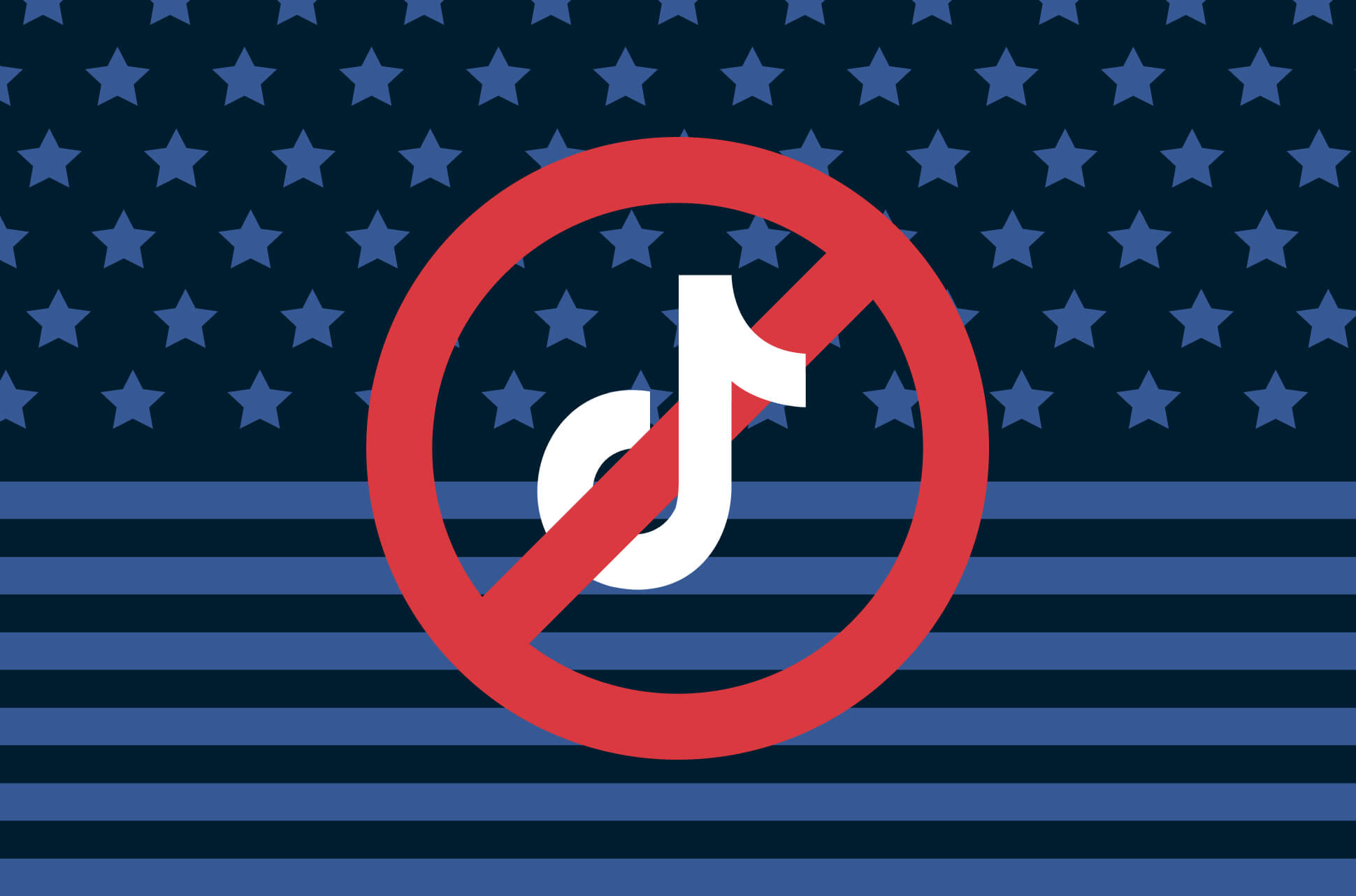
The U.S. Supreme Court recently upheld a law requiring TikTok’s parent company, ByteDance, to sell its U.S. operations due to national security concerns. Originally, the company had until January 19, 2025, to divest, but President Trump granted a 75-day extension, pushing the deadline to April 5, 2025. If ByteDance fails to comply, TikTok could be removed from app stores and blocked by internet service providers, cutting off millions of U.S. users.
As the deadline looms, what does this mean for TikTok—and could other foreign-owned apps be next? Here’s what you need to know.
Why is the U.S. is moving to ban TikTok?
The U.S. government’s push to potentially ban TikTok centers on national security concerns. Officials are worried that ByteDance could be compelled to hand over U.S. user data or influence content under Chinese laws that require companies to cooperate with the state.
The app collects vast amounts of user data, including browsing history, location data, and device identifiers, which could potentially be accessed by the Chinese government. Moreover, there's apprehension about the platform possibly being used to spread content that could sway U.S. public opinion.
Is this bill different from the U.S. Restrict Act?
Yes. While both the U.S. Restrict Act and the Protecting Americans from Foreign Adversary Controlled Applications Act are concerned with national security and foreign influence on U.S. technology, their approaches and scopes differ significantly. The latter directly targets TikTok and mandates divestiture to prevent a ban, focusing on a specific high-profile case.
In contrast, the Restrict Act employs a broader strategy, granting the Commerce Department powers to oversee and potentially regulate transactions and activities of tech entities under foreign adversarial control, without singling out specific companies.
How long does TikTok have before it could be banned?
TikTok’s future in the U.S. now hinges on a new deadline: April 5, 2025. While the original divestiture deadline was set for January 19, 2025, President Trump granted a 75-day extension, giving ByteDance more time to sell TikTok’s U.S. operations.
Despite months of discussions, ByteDance has not finalized a deal with a buyer. If it fails to comply by the new deadline, TikTok could be removed from app stores and blocked by U.S. internet service providers, cutting off millions of users.
Meanwhile, ByteDance has launched a legal challenge, arguing that the law unfairly targets TikTok and violates First Amendment protections. The case remains before the U.S. Supreme Court. If the Court intervenes, the ban could be delayed further, allowing ByteDance more time to negotiate a sale or continue its legal battle.
For now, April 5 remains the key date—unless legal action or political decisions change the timeline again.
What happens if TikTok gets banned in the U.S.?
Here are a few of the potential consequences if TikTok gets banned in the U.S.:
Access and app functionality
- Immediate restrictions: TikTok would be removed from app stores such as Apple’s App Store and Google Play. Existing users could continue using the app, but without access to updates, it would become increasingly outdated and potentially unusable over time.
- ISP-level blocking: Internet service providers may be required to block access to TikTok on browsers, making it difficult to reach the platform via traditional means.
Impact on TikTok's operations
- Revenue losses: The U.S. is one of TikTok’s largest markets, with 170 million active users. Losing this market could lead to significant revenue losses, affecting advertising income, partnerships, and TikTok Shop sales.
- Global strategy disruption: A U.S. ban would undermine TikTok’s global strategy, setting a precedent for other countries to consider similar actions, especially those already concerned about data privacy and foreign influence.
Creators and businesses
- Content creators: U.S.-based TikTok creators who depend on the platform for income would face severe disruptions. Many may migrate to alternative platforms like Instagram Reels or YouTube Shorts, but these platforms lack TikTok’s unique algorithm and reach, making it harder to replicate success.
- Small businesses: For businesses that rely on TikTok for marketing, a ban could mean higher costs and reduced organic growth. TikTok’s advertising and e-commerce capabilities, such as TikTok Shop, are difficult to replicate on other platforms.
Broader economic impact
- Job losses: TikTok employs 7,000 people in the U.S., many of whom are now uncertain about their futures. A ban could lead to layoffs, particularly if operations are scaled back or shut down entirely in the U.S.
- Ripple effects: TikTok’s 2024 U.S. ad revenue totaled 12.3 billion USD. Its absence would affect advertisers, agencies, and influencers who rely on its unique audience engagement.
What is TikTok's response?
TikTok has made it clear that it’s not backing down. The company is fighting the divestiture requirement in court, arguing that the law unfairly targets TikTok and violates free speech protections. CEO Shou Zi Chew has called the move a direct ban rather than a simple ownership change, emphasizing that TikTok remains committed to protecting users’ rights.
In response to the Supreme Court’s ruling upholding the law, TikTok warned that if the U.S. government enforces the ban, the app could be forced to shut down in the country—cutting off its 170 million American users. The company has also confirmed it plans to seek an injunction to block enforcement while it continues its legal battle.
Despite these challenges, Chew has acknowledged President Trump’s decision to delay enforcement, calling it a step toward finding a solution that would allow TikTok to remain in the U.S. He has reiterated TikTok’s role in giving people a platform to share their experiences, build communities, and find joy—values he says align with free expression.
For now, TikTok is pushing ahead with its legal fight, maintaining that it has taken strong steps to protect U.S. user data and that a forced sale is unnecessary. But with the April deadline looming, the company faces an uncertain future.
If TikTok is banned, are these apps next?
Should a TikTok ban come into effect, the U.S. might scrutinize other apps that carry similar privacy concerns. Here are a few examples.
WeChat is an instant messaging, social media, and payment app developed by Tencent.
The super app has something like a billion users globally, with a much smaller figure of about 19 million users in the U.S. It’s likely that people living in America use WeChat to communicate with those overseas or are recent arrivals to the U.S. and more accustomed to WeChat than other chat apps.
In 2020, former U.S. President Donald Trump signed an executive order prohibiting transactions with eight payment apps, including WeChat, alleging that these apps threaten national security. However, the order was blocked.
CapCut
CapCut is a video-editing app developed by ByteDance, the parent company of TikTok. CapCut exists both as a standalone app and as an integration within TikTok. Users who edit their videos natively on TikTok are actually using CapCut’s editing functionality and music library.
While CapCut’s fate is uncertain, it’s safe to assume that the app might also be scrutinized, given its parent company.
Shein
Shein is a fast-fashion online retailer peddling affordable clothes, accessories, and beauty products. Based on data from Business of Apps, the U.S. is one of Shein’s largest markets, followed by Brazil and Mexico. While discussions about the brand’s data collection and privacy have been minimal, the company is linked to multiple controversies.
Most recently, a coalition known as Shut Down Shein has been set up to educate Americans about the fashion brand and its alleged dodgy dealings.
Temu
Temu is an online marketplace selling everyday items at affordable prices. Based in the U.S., the e-commerce platform is a subsidiary of PDD Holdings, which owns Pinduoduo, a popular shopping app that’s come under fire for spying capabilities.
Thanks to an aggressive ad strategy, Temu is now the second-most popular shopping app in the U.S. as measured by monthly users, behind Amazon.
AliExpress
Like Temu and Shein, AliExpress is an online marketplace popular among Americans for its affordable items. In the U.S., AliExpress has been compared to eBay. In 2022, the Office of the United States Trade Representative added the platform to its Notorious Marketplaces for Counterfeiting and Piracy list. Other apps on the list include WeChat, Taobao, Baidu, and DHGate.com.
What does a potential TikTok ban signal for digital rights and freedom?
A TikTok ban in the U.S., along with restrictions on other apps, would raise critical questions about digital rights and freedom, spotlighting the tension between national security and the open internet.
It should be noted that U.S. social media platforms are banned in China. And this move by the U.S. suggests increased government oversight in the digital realm for the U.S.
It’s another step toward the concept of the “splinternet,” an internet that is split into multiple webs based mainly on your location. This runs counter to the original spirit behind the internet, a place that was decentralized, with all data treated the same (net neutrality), catering to everyone on a wide variety of devices, and with universal standards.
At the same time, restrictions on widely used platforms can have unintended consequences. Lauren Hendry Parsons, Privacy Advocate at ExpressVPN, highlights the potential risks: "When governments intervene to block access to widely used platforms, it raises important questions about digital rights and security. Users must stay informed about how these decisions might impact their online experience and take steps to protect their digital safety.”
Beyond TikTok, this ban raises broader concerns about digital regulation, platform accountability, and data privacy. What happens next could shape how governments handle foreign-owned apps and online platforms in the future.
What are your thoughts on the bill to ban TikTok in the U.S. and the potential restrictions on other foreign-owned apps?
FAQ: About U.S. app bans
Why is TikTok being banned in the U.S.?
Is TikTok already banned in the U.S.?
What will happen if TikTok gets banned?
Can users still access TikTok if it’s banned?
Will creators lose their followers if TikTok is banned?
Should I delete TikTok if it’s being banned?
If you’re concerned about privacy or security, you may want to delete TikTok and explore alternative platforms for entertainment or content creation.
Take the first step to protect yourself online. Try ExpressVPN risk-free.
Get ExpressVPN
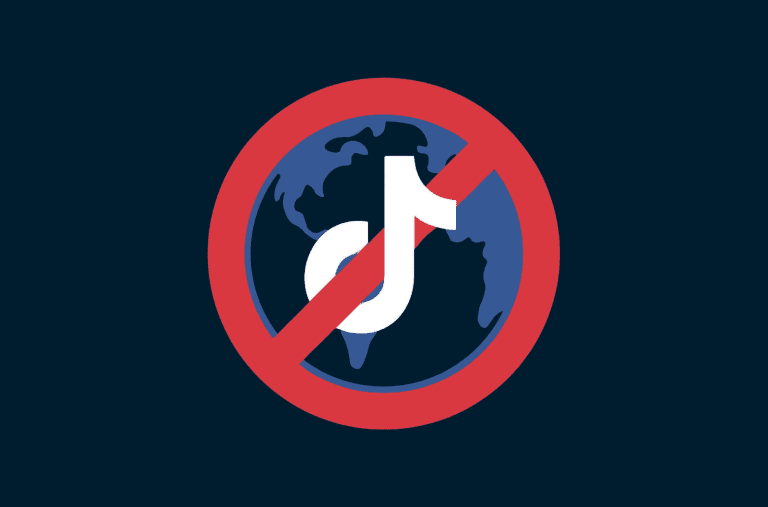



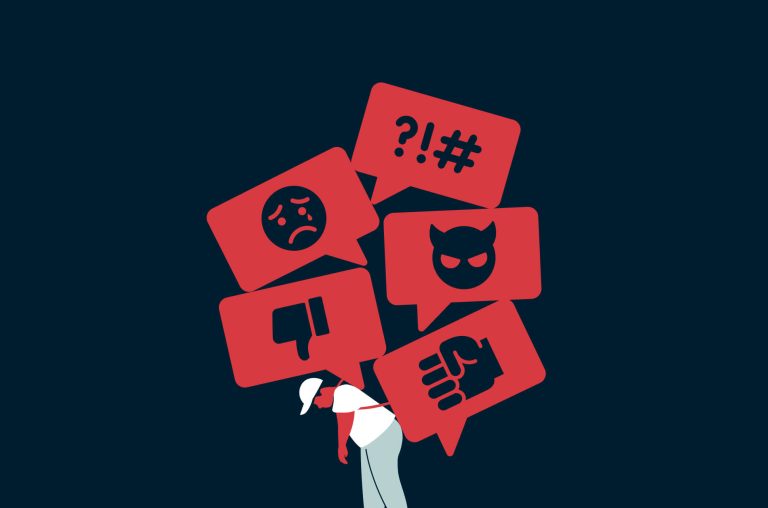
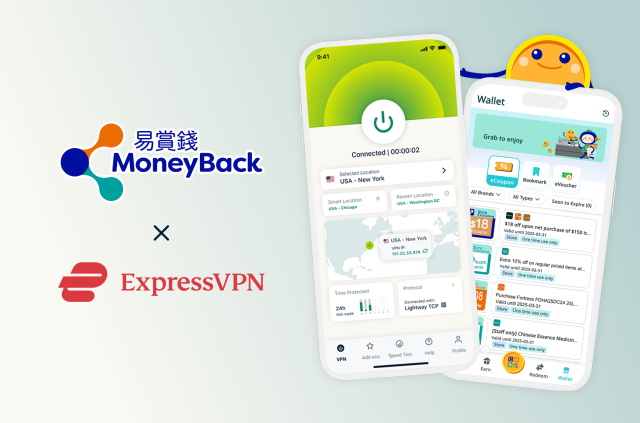
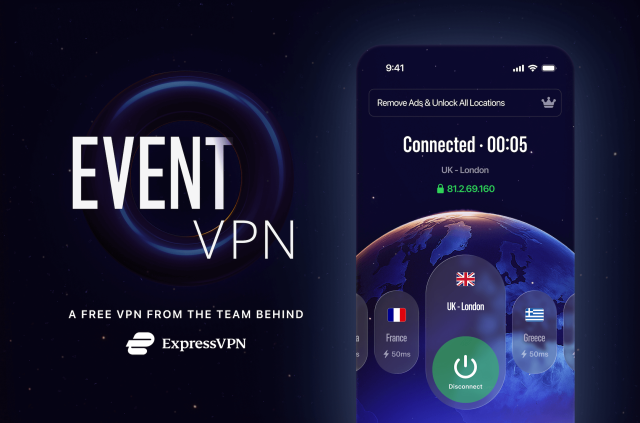








Comments
Great read. I think a ban has less to do with 'security' and 'privacy' of users (look at the data that Google, Meta, M.Soft, etc... gather) and more to do with how your article says; "...platform possibly being used to spread content that could sway U.S. public opinion." It's about limiting information - it's censorship. Next will be possibly a ban on crypto - as central bank digital currency will gradually replace cash. I think it's all about control.
I do not believe that you have addressed this article from all angles. Another reason why the Biden Administration doesn't like TikTok, is because youngsters get their information and news updates on it, and a lot of it is NOT according to the Governments preferred narrative i.e. their lies and BS. (check out for example videos from Ghaza showing the tyranny of the IDF). This is why they must try and shut it down ... why do you think they hate Elon Musk They have Fb/Meta/YouTube etc under their control, but TikTok and X, No not at all!
The ban is all about censorship and funnelling more users to Meta. The real issue is the amount of influence Meta has over government policy
I do not have any social media accounts or even a cell phone. I don't have streaming or any type of cable TV. I have the internet and a good old fashioned land line. Not that the land line is good anymore. It goes through my Fios. If the power goes out, I lose my land line now. So, I am going to give my opinion here. Yeah, I know.... This may seem off topic, but it absolutely is not. I had a deck replaced 2 summers ago. My computer had been off for almost 48 hours. The guy doing the deck had Ryobi tools. We talked briefly about them. I turn my computer on Monday and I am bombarded with Ryobi ads. This was before I got ad blocker. Thank you ExpressVPN!! So, you tell me one good reason why TicToc should be banned? If this can happen to me, one of the least connected persons in the USA, then TicToc is a big nothing burger, at least to me. Any claims the lame appointed, not elected, government mouthpieces might have are not legitimate. We are already being spied on in seriously pervasive ways by our very own government. You have GPS in your vehicle. You have a chip in your credit card. You have a cell phone which is probably the worst one. Heck, my land line spies on me. So even inside our homes we have no privacy. How about all those "Smart" gadgets like "Smart Appliances" or "Alexa"? Do you think those are safe? No. They are not. How about all the cameras on any given street or stop light with facial recognition? I won't go on. I am sure you get the point. When they rolled out the internet, they did not anticipate (or maybe they did) this New frontier would go so rogue. That was OK with them for a while but now their agenda had changed, or has it just moved to the next step? Now that they are attempting to turn the USA into a communist, totalitarian, socialist regime of obedient slaves they need to censor the daylight out of all other information but their own lies. This is not just about TicToc. If they are successful at banning TicToc we are in very deep, serious trouble. I say leave TicToc alone. So far our rights have not been removed and that goes for TicToc and all the users it has here in the USA.
China certainly does not allow access to most similar US sites from inside China. Strictly regulated. In fact, that is why I originally started to use Express VPN. While traveling in China I was blocked from US news sites and Express VPN was the only way I found to bypass that blocking.